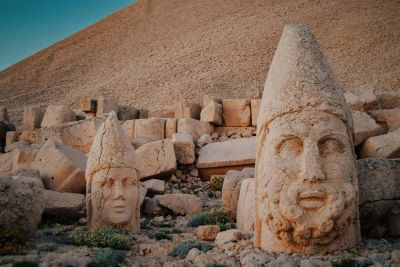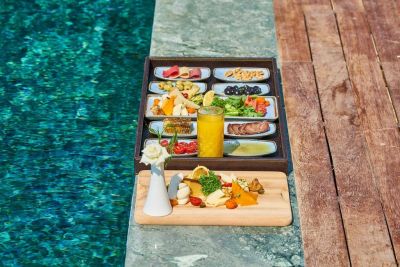Practical tips for traveling to Turkey
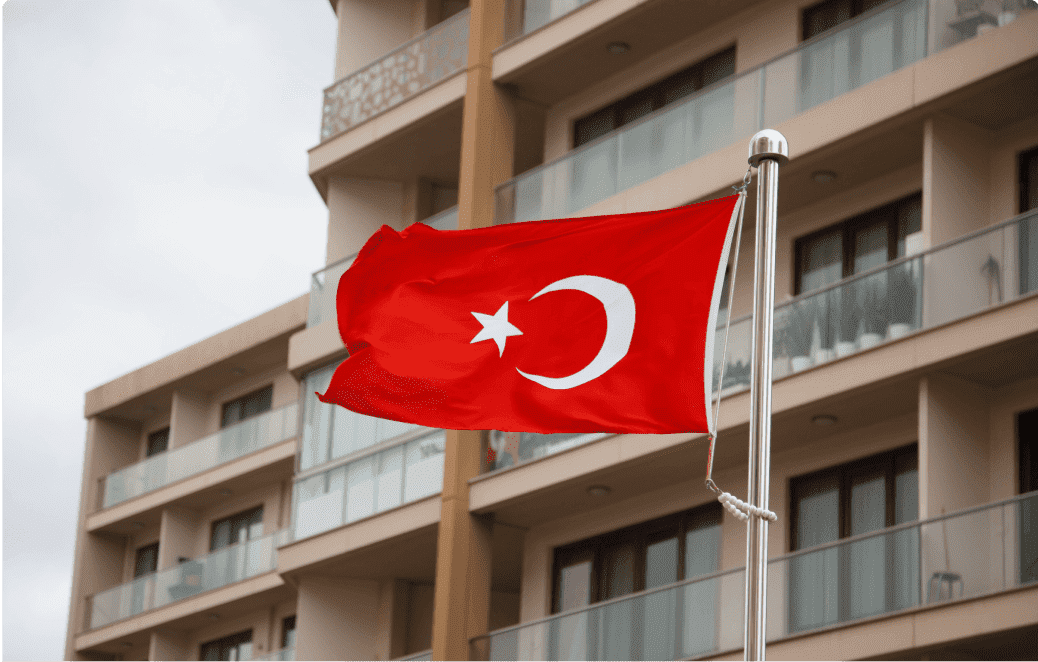
Practical tips for traveling to Turkey - what you should know before you leave
Are you planning a vacation in Turkey? This fascinating country on the border of Europe and Asia offers a stunning mix of history, gastronomy, nature and comfort by the sea. To make sure you enjoy your stay to the fullest and without any unpleasant surprises, we have prepared a list of practical tips that you definitely should not miss.
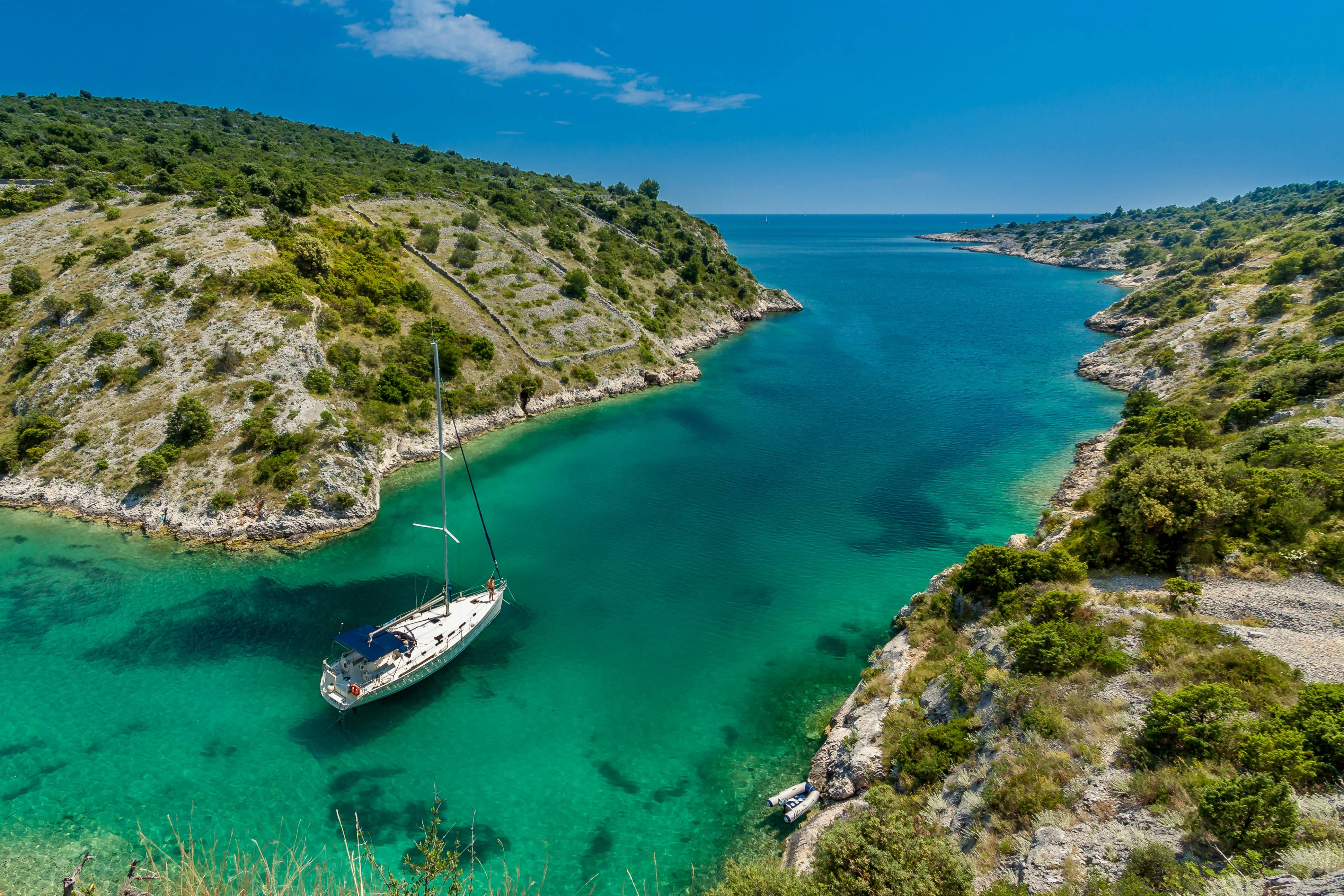
1. Travel documents and visas
Slovaks can travel to Turkey without a visa for up to 90 days in a 180-day period . The passport must be valid for at least 150 days from the date of entry . An ID card is not sufficient. Upon arrival, you will receive a stamp in your passport, which serves as a record of entry.
Tip: If you plan to travel frequently, make sure you have blank pages in your passport – Turkish authorities require at least two.
2. Travel insurance and health
Turkey is not a member of the EU , so the European Health Insurance Card is not valid . It is strongly recommended to take out quality commercial travel insurance that covers possible hospitalization and repatriation.
Tip: Dental treatment and routine procedures are cheaper in private clinics than here, but always check in advance.
3. Money and payments
The official currency is the Turkish Lira (TRY) . The exchange rate can change quickly, so it is a good idea to exchange only a small amount in advance and withdraw the rest directly from an ATM.
- Payment cards are commonly accepted in hotels, shops and restaurants.
- You cannot do without cash at markets, in smaller towns, and when shopping on the streets.
- ATMs are available everywhere, but be aware of your bank's fees.
Tip: Avoid exchanging money at the airport, the exchange rate is often unfavorable.
4. Transportation across the country
Turkey has a well-developed transport infrastructure:
- Intercity buses are reliable, modern and cheap (e.g. Kamil Koç, Metro Turizm).
- Domestic flights (Pegasus, Turkish Airlines, SunExpress) are ideal for long distances.
- In cities , metro, buses, trams, dolmus (minibuses) are used.
- Taxi : always ask for the taximeter to be turned on. Compare prices in tourist areas.
Tip: The BiTaksi app is the Turkish equivalent of Uber and guarantees a fair price.
5. Clothing and packaging
Turkey has different climate zones. While the coast is hot in summer (35°C+), in central Anatolia (Cappadocia) evenings can be cool even in summer.
Basic items:
- Light and airy clothing
- Hat or headscarf
- Sunscreen (min. SPF 30)
- Shoes suitable for longer walks
- Headscarf or longer clothing when visiting mosques (for women)
Tip: You have to take your shoes off in the mosque, so we recommend socks or sandals without complicated fastenings.
6. Language and communication
The official language is Turkish , but in tourist areas you can also speak English, Russian or German . Outside the resorts, it is useful to learn a few basic phrases:
- Hello
- Teşekkür ederim – Thank you
- Yes / No
- How much does it cost?
Tip: Turkish vendors are talkative and nice – a simple greeting or compliment in their language will open the door for you.
7. Food and water
Turkish cuisine is rich and varied. Some of the most famous dishes include:
- Kebab – grilled meat of various kinds
- Pide – the Turkish version of pizza
- Gözleme – stuffed pancakes
- Baklava – sweet dessert with nuts and syrup
- Çay (tea) and Türk kahvesi (Turkish coffee) are an integral part of life
Tip: Don't drink tap water, buy bottled water instead. You can often get it for free in hotels.
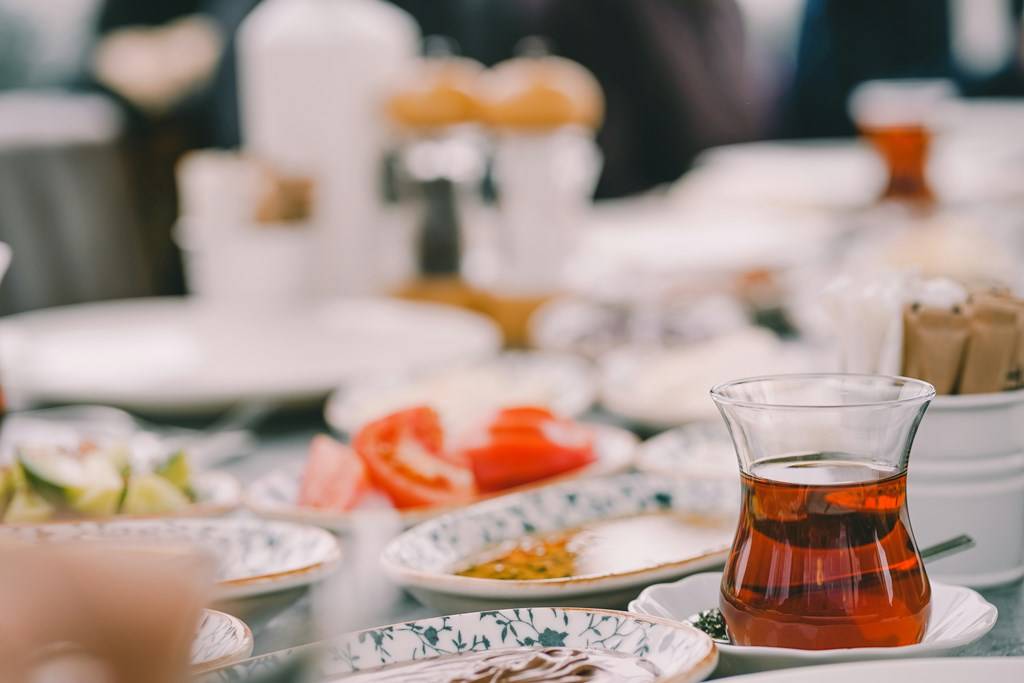
8. Safety and customs
Turkey is generally safe, but you should respect local customs:
- Avoid political topics and large gatherings.
- In conservative areas, choose modest clothing.
- Do not take photos of local people without their permission – especially women.
- Alcohol is available, but it is best not to consume it in public.
Tip: A smile, respect, and politeness will open many doors for you in Turkey.
9. Internet and communication
- We recommend purchasing a Turkish SIM card – e.g. Turkcell or Vodafone.
- Tourist packages include data, calls and SMS.
- You can find Wi-Fi in most hotels, cafes and restaurants.
Tip: Remember that an unregistered device may be blocked after 120 days.
10. Time zone
Turkey is in the UTC+3 time zone, which is one hour ahead of Slovakia in summer and two hours ahead of Slovakia in winter. So, when planning your trips, set the correct time immediately upon arrival.
Conclusion
Turkey has something to offer everyone, from beach bums to foodies to adventurers and history buffs. With these practical tips, you can avoid unnecessary complications and enjoy your holiday to the fullest.






